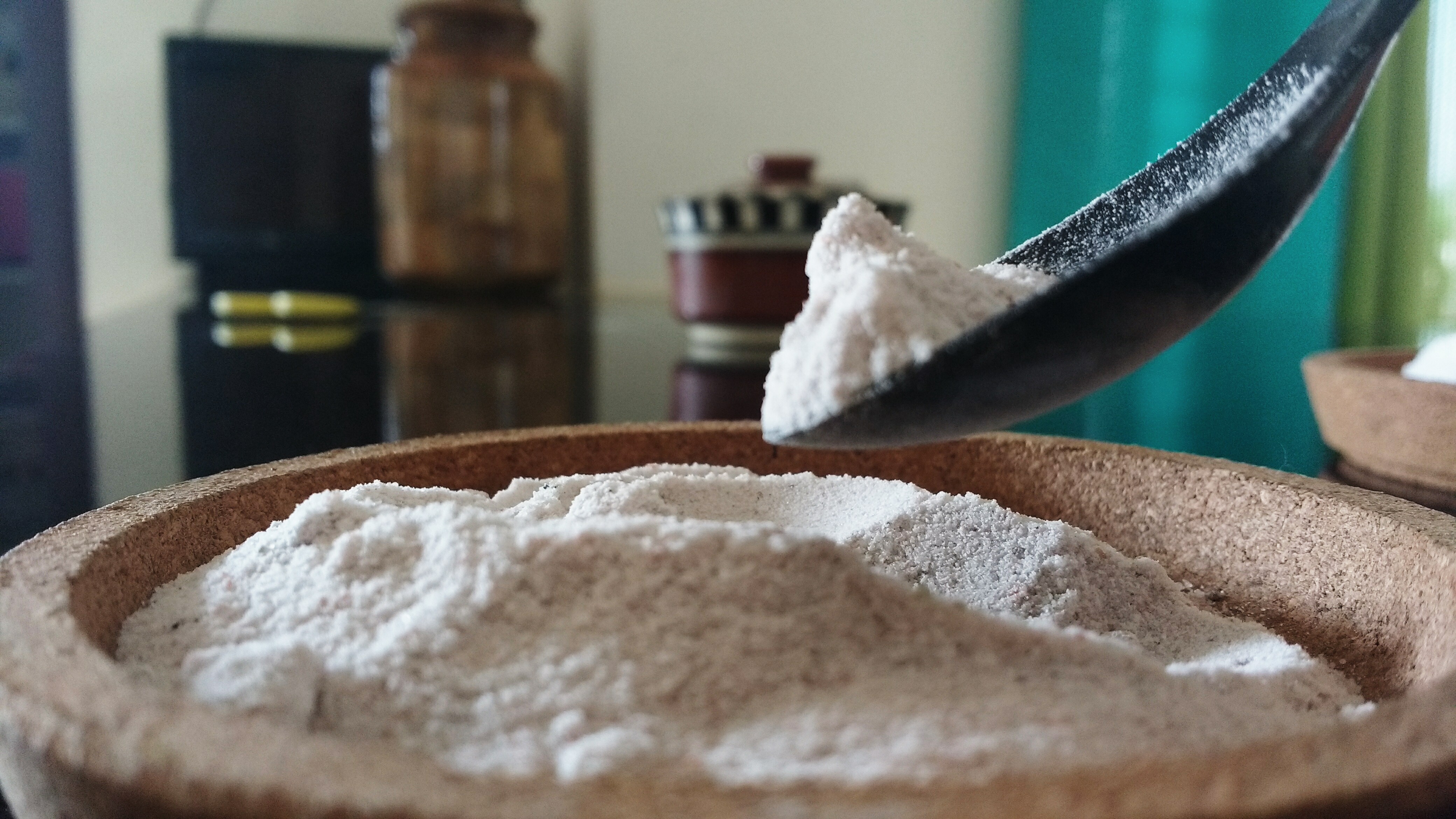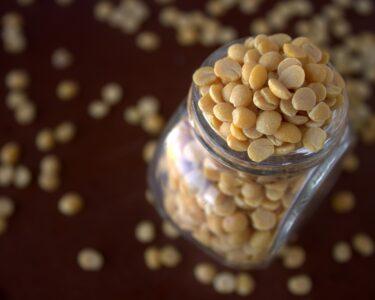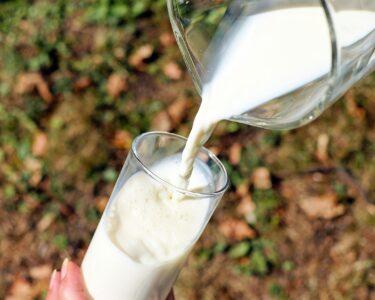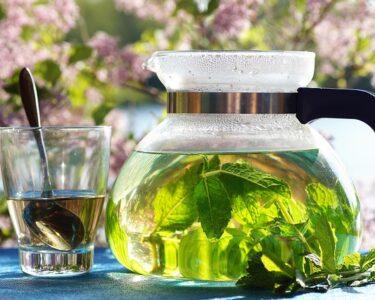Black salt is a commonly available, natural, black-colored, rock salt which has a slightly pungent smell. It consists of a unique sulfurous component which makes it quite useful. Black salt has a long back history in Ayurveda due to its several health benefits and curative potentials. Black salt is commonly used in certain recipes like salads, raita, chaas, etc. in place of common salt.
Black Salt / Bit Lobon / Kala namak is used extensively in many South Asian countries like Bangladesh, Nepal, India, and Pakistan as a condiment. It is widely used in the preparation of spicy and crispy foods like chaats, chotpoti, fuchka, snacks, etc.
Frequently Asked Questions regarding Black Salt
What is black salt?
Black salt is a commonly available, natural, black-colored, rock salt that has a slightly pungent smell. Black salt is Indian volcanic stone salt.
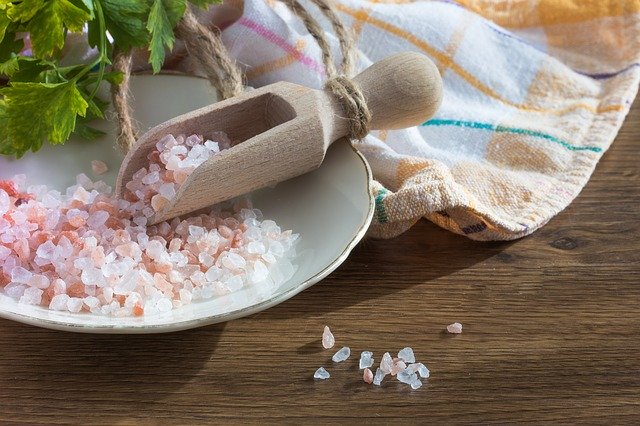
Why black salt is pink in color?
The hard, crystalline, rock salt is Black in color but when ground to form powder they obtain a pink color due to the presence of iron compounds. So, don’t be confused black and/or pink-colored salt is the same.
Which compound of black salt is responsible for the typical colour of the black salt?
Black salt is a type of rock salt. Due to the presence of Greigite (Fe3S4, Iron (II, III) sulfide) in black salt, it forms brownish pink to dark violet translucent, solid crystals but when ground into a powder, the color changes into light purple to pink.
Why black salt has a pungent smell?
Black salt contains a substantial amount of sulfur compounds. The sulfur content of black salt is primarily responsible for the characteristics of the pungent smell. (1) (2)
What are the other names of black salt?
Black salt is known to us in different names in different languages. Black salt is also known as “Himalayan salt” and “Himalayan rock salt”. In most of India, black salt is called as “Kala Namak”. But it is famous as “Bit Lobon” among the Bengali population whereas “Intuppu” is the term used by the Tamil people to describe black salt. (3) (4)
Pink Himalayan salt and black salt are the same or different?
Pink Himalayan salt and black salt are slightly different from each other. They have the following similarities
- Both are rock salt.
- Both are mined from Himalayan regions.
- Both are principally composed of sodium chloride.
But there is a slight difference between these two types of salt. Pink Himalayan salt is a type of rock salt that’s naturally pink in color and mined near the Himalayas in Pakistan. But Black Salt / Bit Lobon / Kala namak is a pungent smelling, purple colored or pinkish-grey rock salt which when ground into powder it appears as pink-colored powdered salt.
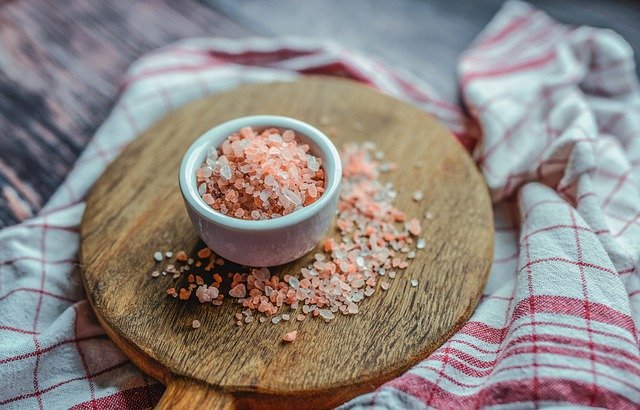
Do you know the specific composition of black salt?
Black salt is mainly consisting of sodium chloride along with traces of certain other minerals like potassium (K), Magnesium (Mg), calcium (Ca), Iron (Fe), Silicon (Si), strontium (Sr), Lithium (Li), Chlorine (Cl) and Sulphur (S). The benefits of black salt are mainly exhibited due to the presence of trace amounts of these minerals in black salt. (5)
Is black salt is good for health?
Black salt is good for our health. It contains many types of minerals that have specific health benefits. In Ayurveda, black salt is used traditionally for a long time. It improves digestive functions, good for cardiac patients. It is good for the skin and hair. Anyone can consume black salt regularly.
Black salt can be consumed regularly?
Yes. Black salt is good for our health. It can be consumed regularly. It is better to replace common salt with black salt. But if you are suffering from iodine deficiency or goiter, then iodized common salt is appropriate for you. Black salt does not contain iodine but the iodized common salt supplies an adequate amount of iodine.
Is black salt is better than common salt?
Yes, black salt is better than common salt because of the following reasons-
Common salt is pure sodium chloride. It does not supply any other minerals. But black salt supplies many important minerals other than sodium chloride.
Regular use of black salt provides the following minerals like sodium (Na), Potassium (K), Magnesium (Mg), calcium (Ca), Iron (Fe), Silicon (Si), strontium (Sr), Lithium (Li), Chlorine (Cl) and Sulphur (S) in trace amounts. All these minerals have specific functions in our body.
The sodium content of black salt is comparatively lower than the common salt. The sodium content of common salt (sodium chloride) is 390 mg sodium/g whereas that of Black salt is 378.3 mg sodium/g.
How can I use black salt in my regular cooking?
You can totally or partially substitute the common salt with the Black salt. You may mix 100g of iodized common salt along with 100g of black salt. And then you can use this salt mixture in your daily cooking instead of common salt. Otherwise, you can use common salt in non-vegetarian recipes and black salt in vegetarian recipes.
Why black salt is preferred than common salt in our daily diet?
Common salt is pure sodium chloride whereas black salt is mainly sodium chloride along with other minerals like potassium, calcium, strontium, sulfur, etc. Traces of these minerals are responsible for the health benefits of black salt. So it is healthier for you to use more black salt instead of common salt. Partial replacement of common salt with black salt is not only the healthier option, but it also improves the taste of the recipe. You can pinch of black salt in raita, lassi, chaas, snack items like fried foods, ghugni, chaats, etc. It can also be used to replace common salt in the preparation of different types of salads.
What are the uses of black salt?
- Black Salt / Bit Lobon / Kala namak is a pungent smelling, purple coloured or pinkish-grey rock salt. It is used extensively in many South Asian countries like Bangladesh, Nepal, India, and Pakistan as a condiment.
- It is traditionally used in ayurvedic to improve digestion.
- It is widely used in the preparation of spicy and crispy foods like chaats, chotpoti, fuchka, etc.
- It is a major ingredient of chat masala.
- Black salt is usually added to the deep-fried snacks to improve their taste.
It is extensively used in making chat items.
Black salt is added to various types of salads like vegetable salads, fruit salads, corn and peas salads, mixed salads, etc.
Black salt is commonly used for making chutneys and pickles.
It is a well-known condiment, used in the preparation of Raita.
It is used to season tofu.
It is an essential ingredient used in making panipuri.
It is a basic ingredient for making the most popular Indian probiotic drink “chaas”.
It is used to spice up the cool summer drinks like jaljeera and many more sharbat.
Is there any medicinal value of black salt?
Yes, black salt has several medicinal properties. From long back, black salt is used in Ayurveda as a medicinal ingredient.
- Black salt contains a comparatively lesser amount of sodium chloride than that is present in common salt. So, replacing common salt with black salt reduces the daily sodium intake and thus helps to prevent and treat hypertension (high blood pressure).
- Black salt is also beneficial for those suffering from the cardiac problem and/ or Diabetes Mellitus.
- Black salt helps to improve the digestive capacity and is used to reduce the tendency of intestinal gas formation and acidity.It is good for those tend towards constipation.
What are the side effects of using excess black salt?
Black salt is a natural rock salt mined in the regions surrounding the Himalayas. Along with sodium chloride, it contains many impurities, including traces of fluoride. So, excess consumption of black salt regularly may cause certain health hazards like fluorosis.
Black salt has another disadvantage in that it contains only a negligible amount of iodine, so the sole consumption of black salt can not supply the iodine. For this reason, it is better to depend on commonly available iodized table salt in goiter prevalent areas.
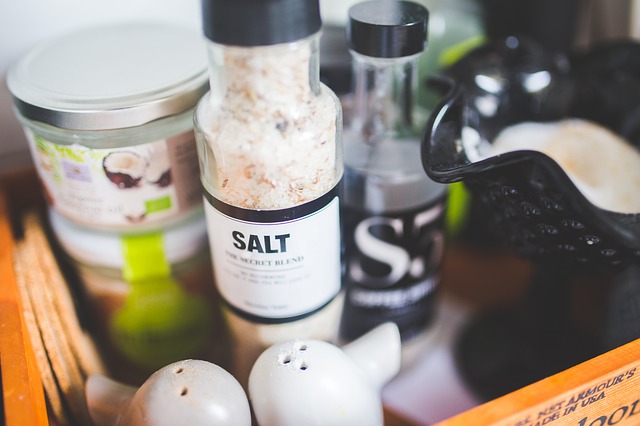
Black salt contains Iodine or not? Black salt can be taken instead of iodized common salt?
Black salt contains only a negligible amount of iodine, so sole consumption of black salt can not supply the required amount of iodine in goiter prevalent areas where the inadequate amount of iodine is supplied by foods and drinking water. For this reason, it is better to depend on commonly available iodized table salt in goiter prevalent areas.
But if you are not staying in a goiter prevalent area, it is best for you to partially replace your table salt with black salt to achieve maximum health benefits. You may mix 100g of iodized common salt along with 100g of black salt. And then you can use this salt mixture in your daily cooking instead of common salt. Otherwise, you can use common salt in non-vegetarian recipes and black salt in vegetarian recipes.
Hydrogen sulfide (H2S) is present in black salt. Is it toxic for human health?
Yes, Hydrogen sulfide (H2S) is present in the black salt but traces only. Although hydrogen sulfide is toxic in high concentrations, the amount present in Kala namak used in food is small and thus its effects on health are not harmful. (6)
From where the black salt is obtained?
Black salt is a natural rock salt mined in the regions surrounding the Himalayas. The raw material for producing Kala namak is obtained from natural halite from mines in India, Nepal, Pakistan, and Bangladesh in certain locations of the Himalayas salt ranges of salt harvested from the North Indian salt lakes of Sambhar Salt Lake or Didwana and the Mustang District of Nepal.

